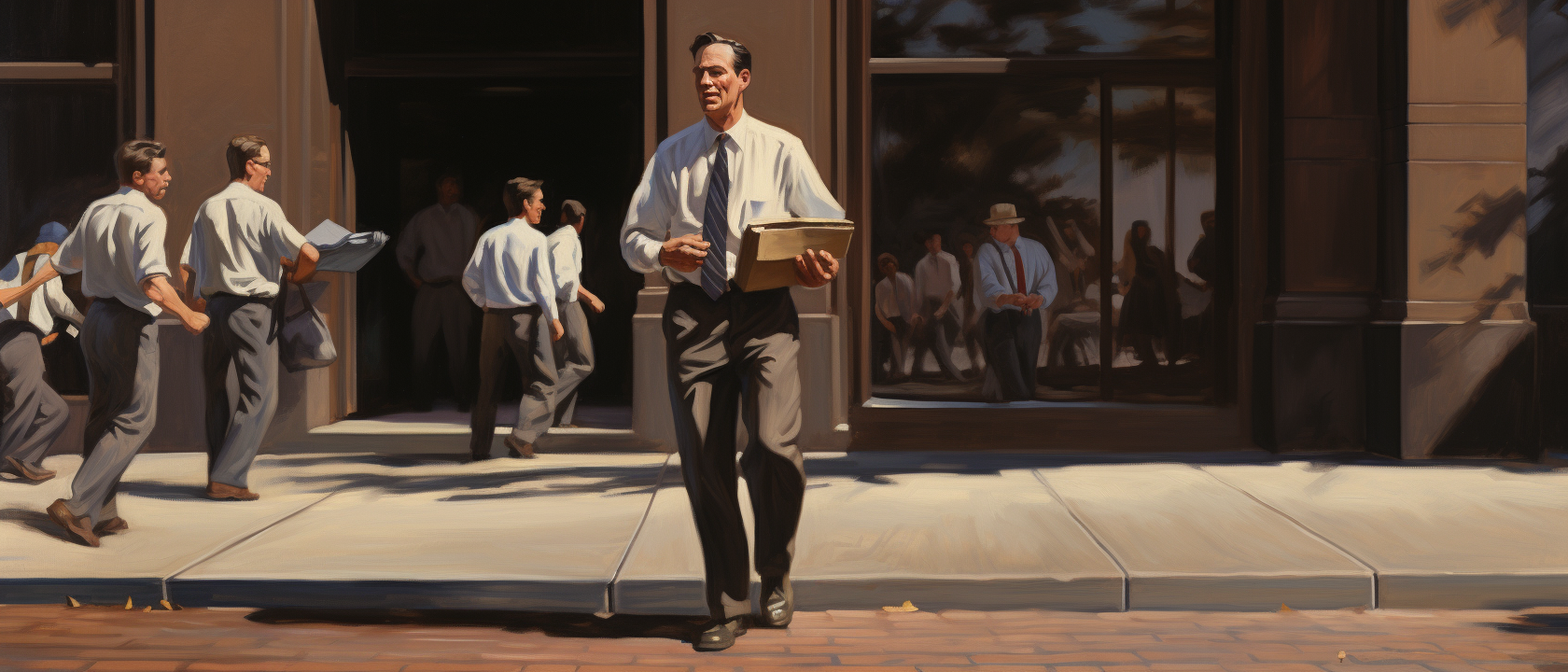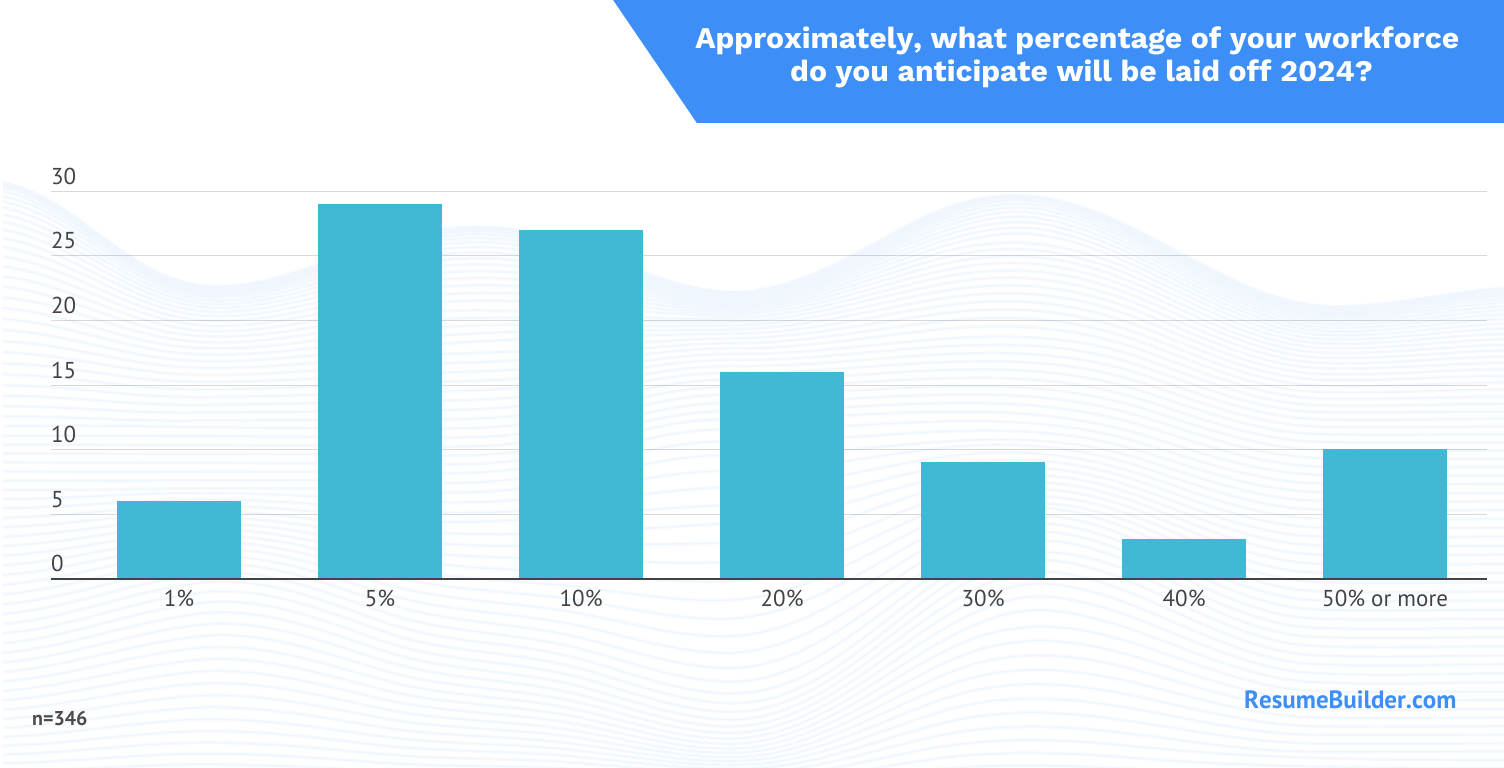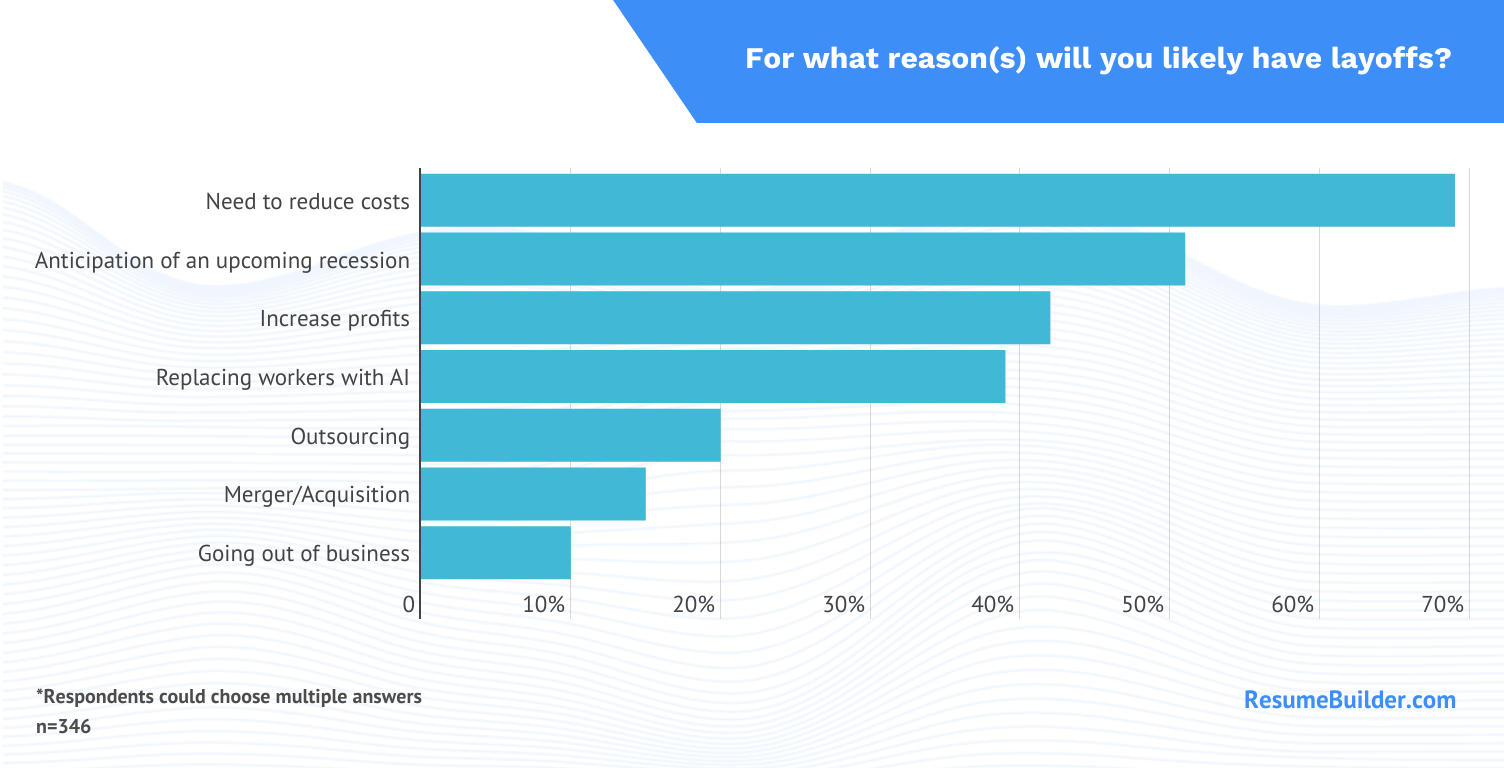

Nearly 40% of American companies are gearing up for massive layoffs and hiring freezes, with many turning to AI as a recession looms. Tech giants lead the job cuts, while construction, finance, and retail also face significant workforce reductions.
In a concerning development for the American workforce, Newsweek has reported that a staggering number of U.S. companies are bracing for economic turbulence by planning significant layoffs and hiring freezes. According to a recent survey involving over 900 companies, nearly 40% of businesses are preparing to reduce their staff within the coming year. Alarmingly, one in five of these companies intend to cut at least a third of their workforce.

The rationale behind these drastic measures is the anticipation of a looming recession. In a preemptive strike to weather the potential financial storm, companies are looking to shed expensive labor costs. Moreover, an intriguing trend is the inclination towards replacing human workers with artificial intelligence (AI) and automation technologies — nearly 40% of companies indicated this strategy, highlighting a shift towards chatbots and robotics that do not require minimum wages, benefits, or pose the risk of labor disputes.

The data reflects a grim backdrop, with layoff figures from 2023 soaring to 720,000 – a figure reported by Challenger Gray that more than doubled from the previous year and marked the highest since the onset of the COVID-19 pandemic. Notably, the tech industry has been at the forefront of this layoff wave, with giants such as Google, Xerox, Amazon, Facebook, Microsoft, and Salesforce.com collectively shedding tens of thousands of jobs. Twitter's workforce was notably reduced by 80%, with the tech sector's layoffs echoing the dot-com crash of 2001.
Beyond tech, the construction, finance and insurance, and retail sectors are also facing significant layoffs. Rising borrowing costs have crippled the construction industry, while financial firms are struggling with the Federal Reserve's increased interest rates. Retail, on the other hand, is contending with challenges from e-commerce and a spike in shoplifting, exacerbated by policies in certain urban areas.
The economic landscape appears to be shifting towards a government and gig economy as private sector jobs wane and companies previously retaining employees post-COVID now seem ready to implement broad workforce reductions and integrate more automation.
The situation raises questions about the future of employment and the economy's direction. As companies navigate these tumultuous times, the labor market braces for the impact of these changes, and society grapples with the increasing role of AI in the workforce.